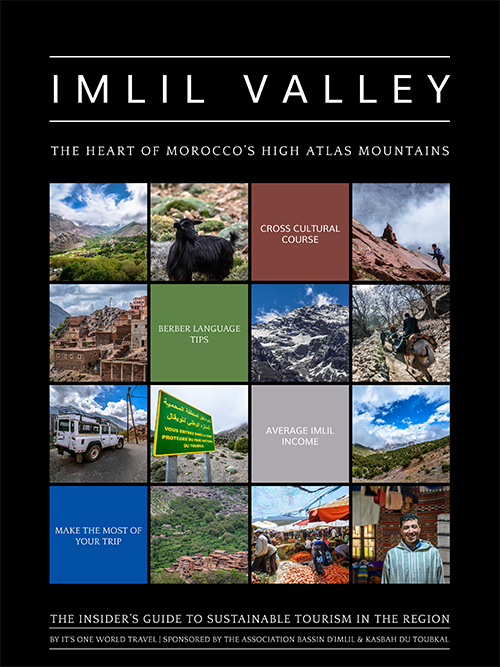That’s what this website aims to do.
The Triple Bottom Line
How does your visit affect the local economy?
We all know better than to litter, not to remove or destroy local flora or fauna, and to keep the place looking like when we found it (or ideally, better!).
CULTURAL IMPACT
When it comes to respecting culture there’s a golden rule: do as the locals do.
Ways to maintain an outwardly respectful and considerate attitude:
– Dress considerately.
Why? As you will note, the local culture is quite modest and it’s a very rare site to see even local men in shorts. Naturally this goes double for women. Keeping in line with the culture helps to promote an attitude of respect and concern for your hosts. A quick and easy way to know if your dress is appropriate: dress to the joint. Keep it covered at least until the knee and elbow. Covering up with loose and lightweight clothing means that even in warm summer months you’re earning respect as well as giving it.
– Be mindful of your hands and feet.
Why? The left hand is generally considered unclean, so receiving a gift, offering money, or using it in greeting is seen as offensive. The right hand is the appropriate hand for all transactions and especially for eating.
As in many cultures around the world, the feet are also seen as unclean. Avoid pointing them at people or stepping over them as this is seen as rude.
In general Morocco is a very moderate country when it comes to Islam and is welcoming of tourists knowing full well that they are bound by different rules, however all efforts to be respectful are noted and appreciated.
– Don’t being flashy with material possessions.
Why? This can cause frustration, jealousy, or even despair and create tension between hosts and guests. Especially when it comes time to making purchases and attempting to barter over 5 or 10 euro while showing off a phone that costs hundreds of euro.
– Show restraint when it comes to public displays of affection.
Why? Again this falls under modesty. As a rule, save the hugging and kissing for behind closed doors. Even hand holding can be distasteful and offensive once outside of cities.
To learn more — including a quick Berber Language Guide — download the Responsible Tourism in the Imlil Valley PDF.
If you’re a tourism destination that would like a guide like this created for yourselves please get in touch here.
To contact the Association of Imlil with questions, comments, or donations to further their work please contact Mike McHugo here.

